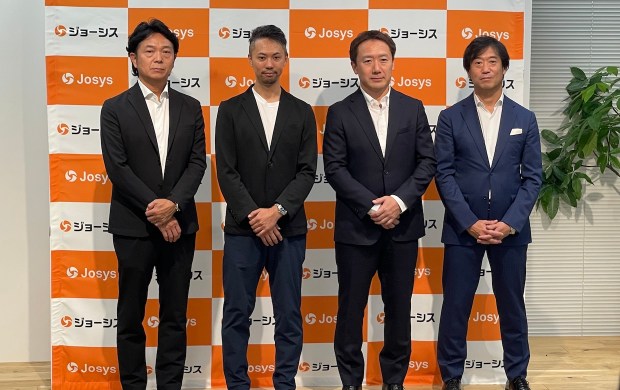
Tokyo-based VC firm Nextblue announced on Tuesday that it has launched its second fund. It has not yet reached its final close but aims to eventually reach a size of 5 billion yen (about $33.6 million US). The new fund aims to create social impact to improve the women’s wellbeing in Japan through the realization of DEIB (Diversity Equity Inclusion and Belonging).
Three business companies including electric power company JERA and Japanese leading PR firm Sunny Side Up Group (TSE: 2180) and several anonymous individual investors have invested in the latest fund. JERA is a 50-50 power generation company owned by TEPCO Holdings (TSE: 9501) and Chubu Electric Power (TSE: 9502).
JERA currently has 26 thermal power plants across Japan. The company’s goal is to achieve zero-emission power generation by 2050 through thermal power generation mixing hydrogen with natural gas, zero-emission thermal power generation using hydrogen and ammonia as fuel, and the introduction of renewable energy.
The investors in the latest fund are expected to provide an environment for Japanese and European portfolio companies to conduct PoCs (proof of concepts) on women’s wellbeing businesses. Nextblue’s managing partner Kanako Inoue says that JERA’s participation indicates that the power company is committed to changing the world from within the company, as it has been working on new challenges in the energy industry,.
The first fund invests in 39 companies, 4 companies exited
The firm’s first fund was launched in April of 2020 and subsequently announced its first close in March of 2021. The fund size at that point was estimated at 3 billion yen ($28 million in the exchange rate at that time). According to Inoue, investments were made in 39 companies from the first fund, of which about half were Japanese startups and the other half were European startups.
In terms of vertical category, she said, most of their Japanese investees were SaaS startups, in line with industry trends in Japan, while their investments in Europe were largely made into the healthcare and food sectors. This is because, while DTx (Digital Therapeutics) startups have emerged, they are not always effective in treating chronic diseases and other conditions, so the focus was more on somewhat mix of healthcare and food, which usually provides something directly consumed by the body.
In a recent interview with Bridge, Inoue says,
With the first fund, we wanted to prove that Japanese VCs were valuable to European startups and that we could bring European startups to the Japan market.
During the pandemic, some of our portfolio companies struggled to raise funds in Europe and the US, but it was relatively easy for them to access funds in Japan. I think we were able to prove the importance of diversifying the Cap Table .
From the firm’s first fund’s portfolio, INFORICH (TSE: 9338), operator of the ChargeSPOT mobile battery sharing service in Japan, IPOed, while Lana Lab (process mining company, Germany), First A (quick commerce for drugs, Germany), and Bento (aggregating multiple web links into one link, Switzerland), have been respectively acquired by other companies.


































